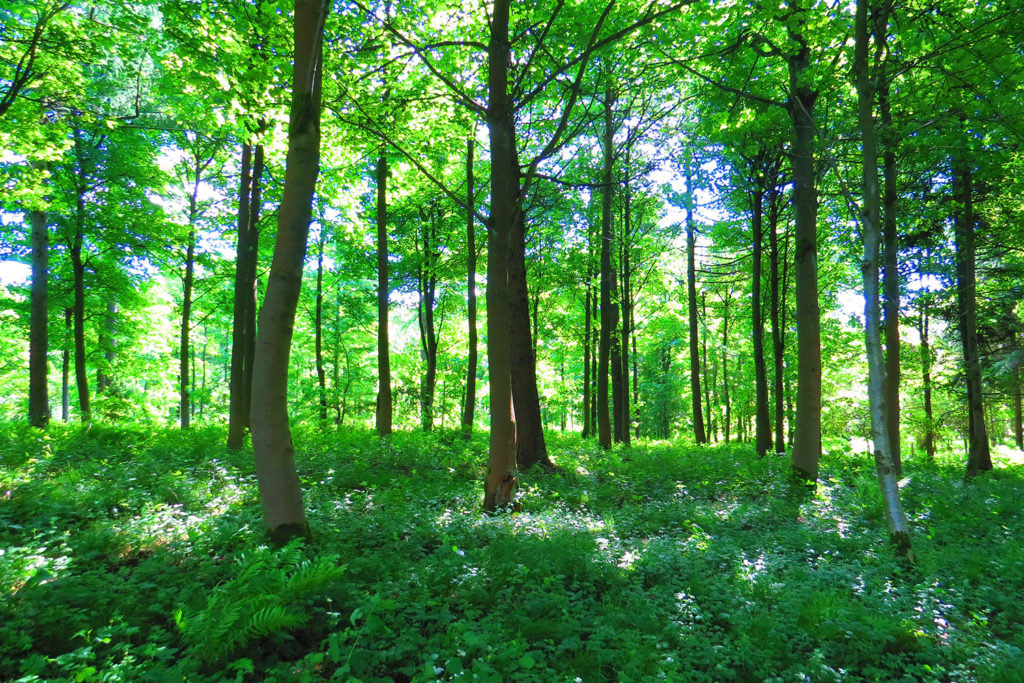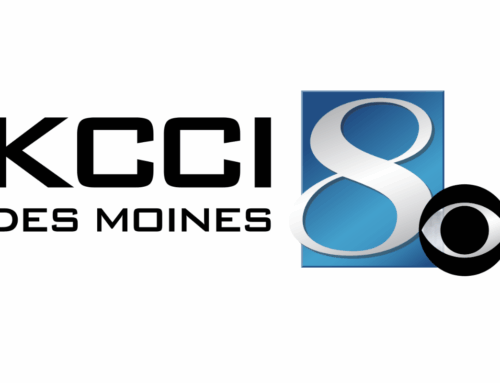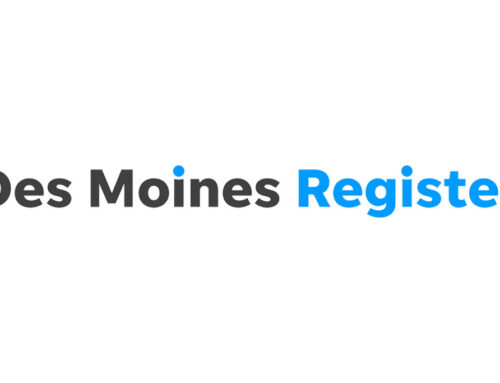How Can Conservation Credits Help Reduce Your Carbon Footprint?

Let’s be honest, understanding your carbon footprint can be a daunting task. However, just learning how to make small adjustments in your day to day life can be a great first step toward making a change. Going green or being eco-friendly can seem intimidating, but reducing your carbon footprint doesn’t need to involve a radical lifestyle overhaul! There are many simple and affordable ways almost anyone can contribute to helping the environment.
What is a carbon footprint?
You know that saying that “actions have consequences”, well that’s literally what a carbon footprint is. The total amount of greenhouse gases that are generated by YOUR actions. Activities like driving a car, heating and cooling, and using electrical power from gas or coal all emit CO2. Products we buy also contribute to our carbon footprint, as most require fossil fuels for production, packaging and transportation.
Calculating Your Carbon Footprint
According to the United States Environmental Protection Agency (EPA), the average 4-person household produced 83,000 pounds of greenhouse gas emission per year. That’s just over 20,000 pounds per person! Factors like how much you drive, your car’s mileage-per-gallon, your home’s average temperature, energy sources, and waste can all reduce or increase your footprint.
Curious of how you stack up? Use this calculator provided by the EPA to see your carbon footprint and where you could improve. When you think about all the things that contribute to the average family’s carbon footprint, it can seem overwhelming. But, understanding your carbon footprint also puts into perspective the impact that could come from each person making small changes to their daily routine.
Conservation Credits from the Great Outdoors Foundation
First things, first. Don’t go out and start buying a million solar panels and try to live off of bean sprouts. There are many other ways to reduce your carbon footprint without drastically changing your lifestyle. Bonus: we are providing you with one right now!
The Conservation Credit Program from the Great Outdoors Foundation is a simple way to reinvest in your local environment and feel good about your impact and choices. Our credits are meant offset our everyday practices like driving, water usage, trash output. The credits purchased at the Great Outdoors Foundation are reinvested into conservation projects where you can visit and see your investments grow.
Our current projects where your Conservation Credits can be directed:
- Fourmile Creek Greenway
This land is being developed by Polk County Conservation which will convert the land back to its natural conditions. Most of the greenway will be planted with native tallgrass prairie or converted to a combination of prairie and oak woodland. Multi-use trails for hikers and bikers will be added so you can enjoy this greenway in the future. The changes made from your Conservation Credits will benefit water quality in Fourmile Creek, mitigate future flooding and provide additional recreational amenities for residents.
- Crane Meadows
This restoration side is a 300-acre site located in the floodplain of the South Skunk River. A portion of this land is designated to the Conservation Reserve Program (CRP). Currently under restoration, this land will include historic oxbow and glacial wetlands excavation, as well as the planting of a diverse mix of native tallgrass prairie grasses, sedges and wildflowers. A degraded 27-acre swamp white oak savanna is also undergoing restoration. The remaining crop and CRP acreage will be restored to a prairie-wetland complex over the next few years.
- Easter Lake Park
This park will be complete by the end of 2023. This land will see more native prairie varieties planted in all open areas to mitigate the Canadian goose overpopulation in the area. The native planting is another area your Conservation Credits will go to improve water quality at Easter Lake by capturing sediment and nutrients and reducing the amount of goose feces runoff.
Improve your carbon footprint by purchasing Conservation Credits for any of these projects! This is a direct to consumer method of carbon offsetting that makes altering your carbon footprint event more possible without having to make drastic life changes.
Leave an impact, not your footprint.

